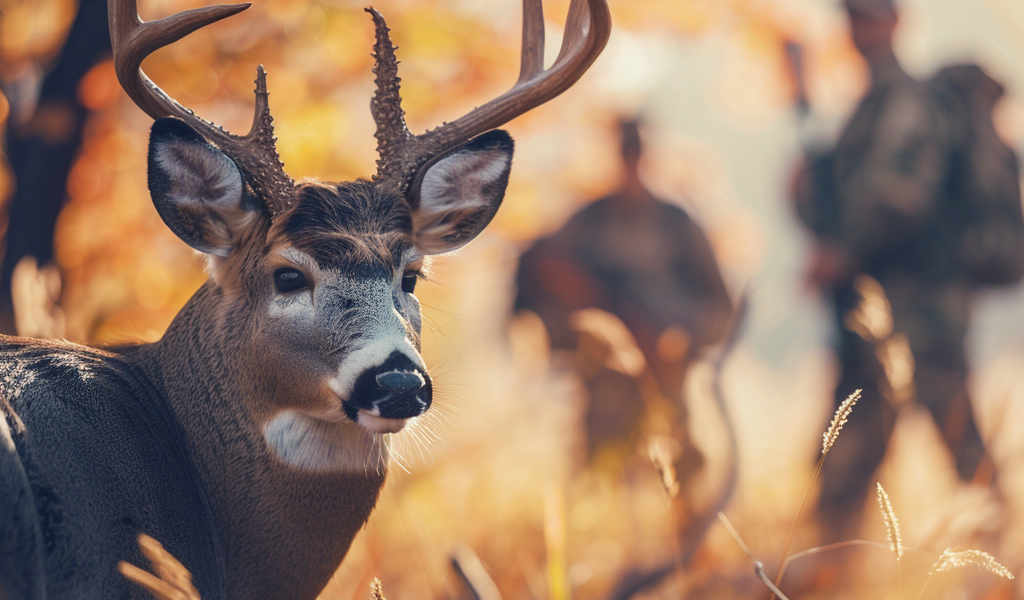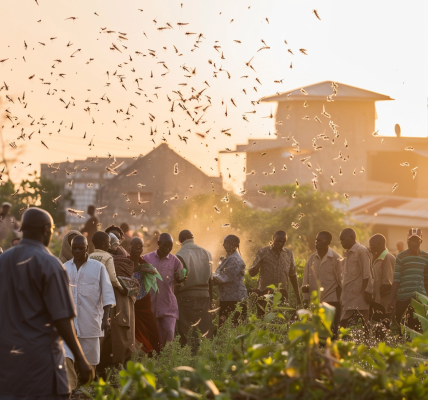The Iowa Department of Natural Resources (DNR) is bracing for a notable increase in cases of chronic wasting disease (CWD) as the deer hunting season commences. The agency is actively seeking the assistance of hunters to help identify and report any deer that appear sick, as well as to participate in testing for this deadly disease.
Chronic wasting disease is a highly contagious and fatal illness affecting the brain and nervous system of deer and other cervids. It is caused by prions, which are misfolded proteins that lead to severe neurological damage. The disease predominantly affects white-tailed deer, elk, moose, and reindeer, and has been on the rise in Iowa as well as in various states across the Midwest and northern regions.
In the previous surveillance season, which ran from April 1, 2023, to March 30, 2024, the DNR reported a total of 128 confirmed cases of CWD, marking an increase from the 96 cases confirmed in the prior season and up from 52 cases the season before that. This upward trend is concerning for wildlife officials, as it indicates that the disease is spreading more widely among the state’s deer population.
Notably, the disease has also expanded into new counties across Iowa. During the last surveillance season, CWD was detected in eight additional counties compared to the previous year, bringing the total to 25 out of Iowa’s 99 counties where deer have tested positive for the disease.
As the 2024-2025 surveillance season unfolds, there have already been 17 confirmed cases of CWD reported in seven counties, including two new counties: Davis in southern Iowa and Shelby in western Iowa. This increase is particularly alarming as the first shotgun deer hunting season is set to begin, which is a critical period for monitoring and testing.
DNR officials anticipate that the number of confirmed cases will rise significantly during this hunting season. Jace Elliott, a white-tailed deer biologist with the DNR, emphasized the importance of the upcoming firearm deer seasons for sampling efforts, stating, “Unfortunately, it’s very likely that we will see a significant rise in CWD detections this season as the bulk of our sampling effort occurs during the firearm deer seasons, which are set to begin tomorrow.”
Despite the increasing number of counties reporting cases of CWD, many of these areas have only one confirmed case. The highest prevalence of the disease is found in northeast and south-central Iowa. In eastern Iowa, three counties—Dubuque, Jones, and Muscatine—have reported positive cases of CWD since testing began in 2002.
The DNR is urging hunters to be vigilant and proactive in reporting any deer that appear to be sick or exhibiting unusual behavior. Symptoms of chronic wasting disease may include drastic weight loss, lack of coordination, drooling, and abnormal behavior. Early detection and reporting are crucial in managing the spread of CWD and protecting the health of Iowa’s deer population.
As the hunting season progresses, the DNR will continue its surveillance and testing efforts to monitor the situation closely. The agency encourages hunters to submit samples for testing and to remain informed about the signs of CWD. By working together, hunters and wildlife officials can help mitigate the impact of this fatal disease on Iowa’s deer herds.
With the rise of chronic wasting disease, it is essential for the hunting community to stay engaged and informed. The DNR is committed to providing updates and resources to help hunters understand the risks associated with CWD and the importance of their role in combating its spread.
As the situation unfolds, the DNR remains focused on safeguarding the health of Iowa’s wildlife and ensuring a sustainable future for deer hunting in the state. The cooperation of hunters will be vital in navigating this challenging time and protecting the integrity of Iowa’s natural resources.





